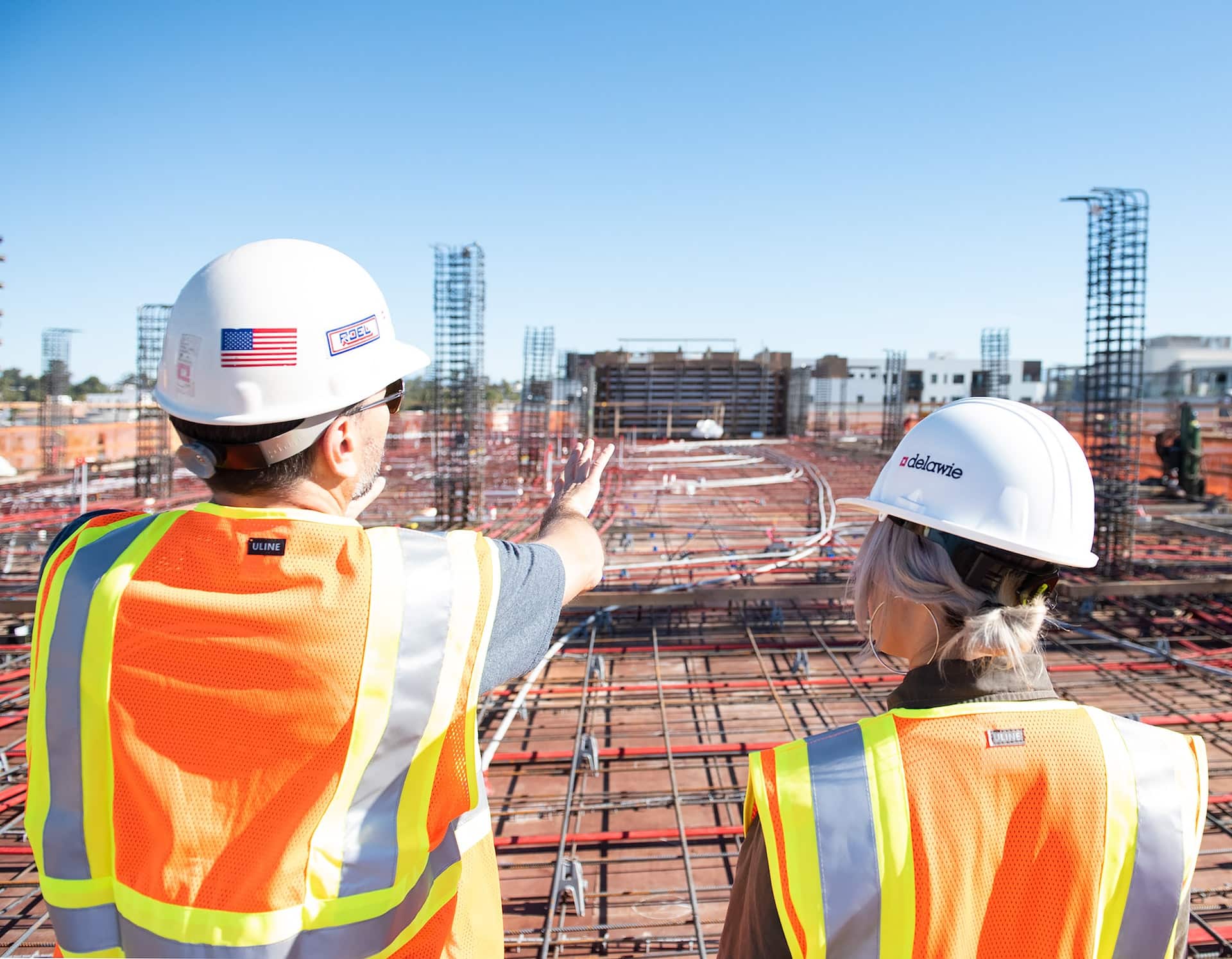When it comes to construction projects, it is essential to have a written contract between the construction company and the property owner. A written contract serves as a legal document that outlines the terms and conditions of the project, and it is important to ensure that both parties are in agreement before any work begins.
The written contract will typically include the scope of the project, the timeline for completion, the budget, and any other pertinent information. It will also detail the payment and billing schedule, as well as any applicable warranties or guarantees.
Additionally, the contract should include clauses that protect both parties in the event of any issues or disputes that may arise during the course of the project.
Having a written contract in place before any construction begins can help to ensure that the project runs smoothly and that both parties’ interests are protected. It also serves as a reference point for both parties in the event of any disputes that may arise.
With that in mind, it helps to know the different types of contracts made in commercial construction projects, so you can create the right one for your needs.
Different Types of Contracts in Commercial Construction
1. Unit Price Contract
A unit price contract is a type of construction contract that is based on the unit rates of materials and labor needed to complete a project. This type of contract is often used for projects where the scope of work is not clearly defined and can vary significantly, as it allows for the cost of the project to be adjusted based on the actual materials and labor used.
A unit price contract typically includes an agreed-upon unit rate for labor, materials, and services. This rate is then multiplied by the number of units (such as the number of hours of labor or the number of cubic yards of concrete) used to complete the project. This type of contract is beneficial for both the contractor and the owner, as it allows for flexibility and cost control.
2. Lump Sum Contract
A lump sum contract is a type of contract used in commercial construction that requires the contractor to provide all labor, materials, and equipment for a fixed price. The contractor is responsible for all costs associated with the completion of the project, and the owner is not responsible for any additional costs or overruns. This type of contract is beneficial for owners because it allows them to know the exact cost of the project before it begins.
The contractor is required to provide a detailed estimate of all costs associated with the project, and they are responsible for any overruns or additional costs. This type of contract is also beneficial because it allows the contractor to be more flexible in their pricing. The contractor can adjust their bid price to fit the needs of the project and the owner.
3. Fixed Price Contract
A fixed-price contract is a type of construction contract in which the contractor agrees to complete the project for a predetermined price. The project owner is obligated to pay the contractor the agreed-upon amount regardless of the actual cost of the project. This type of contract is most commonly used for large construction projects, such as new construction or major renovations.
The key benefit of a fixed-price contract is that it eliminates the risk of cost overruns for the project owner. The contractor takes on the risk of completing the project within the predetermined budget. This makes it easier for the project owner to control costs and plan for contingencies.
4. Time and Materials Contract
Time and Materials Contracts are an important part of commercial construction projects. These contracts are used when the scope of a project is uncertain, or when the project is expected to have a great deal of change orders. This type of contract is often used on projects that require a great deal of flexibility, such as those that have a large number of unknowns or require a great deal of customization.
Under a time and materials contract, the contractor is paid for the hours they work and the materials they use. This type of contract is sometimes called an “open book” contract, as the contractor is expected to keep detailed records of the hours worked and materials used. The contractor then submits a bill to the client for the hours worked plus the cost of the materials used.
5. Cost Plus Contract
With a Cost Plus Contract, the contractor is paid a predetermined fee plus any additional costs that arise during the project. This type of contract is beneficial for both the contractor and the client, as it allows the contractor to cover their costs while also giving the client more control over their budget.
The contractor is responsible for providing an estimate of the total cost of the project before work begins, and the client is responsible for approving the costs. The contractor is then responsible for tracking all costs associated with the project and submitting them to the client for review.
The Bottom Line: The Importance of Choosing the Right Type of Commercial Construction Contract
Choosing the right type of commercial construction contract is essential for a successful project. Each type of contract has its own advantages and disadvantages, and it is important to consider the scope of the project and budget when making the decision.
With the right contract in place, the project can be completed on time and on budget, ensuring a successful outcome for all parties involved.
Welcome to A&R Builders, the leading commercial construction company in Cape Coral. We specialize in providing top-notch construction services for businesses of all sizes. Whether you’re looking to renovate an existing building or build a new one from the ground up, our team of experienced professionals is here to make sure the job is done right. Contact us today!


